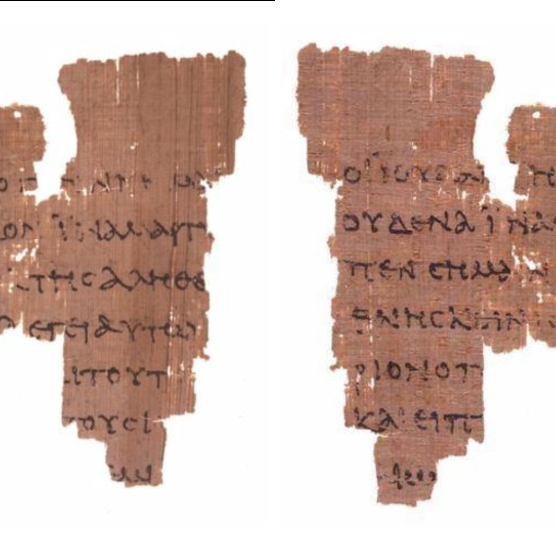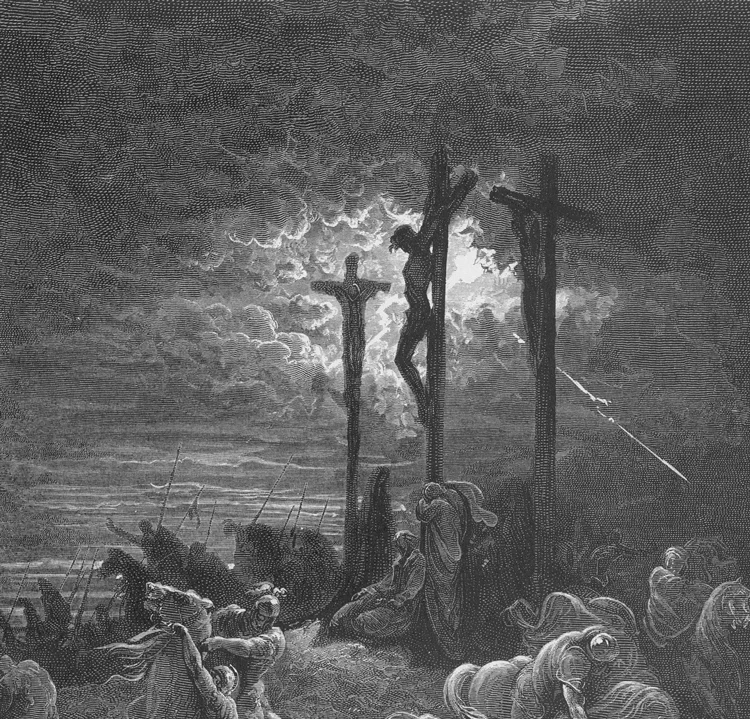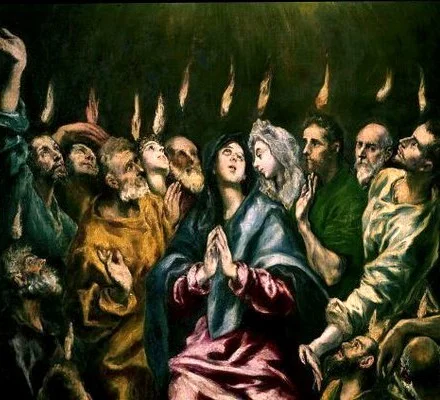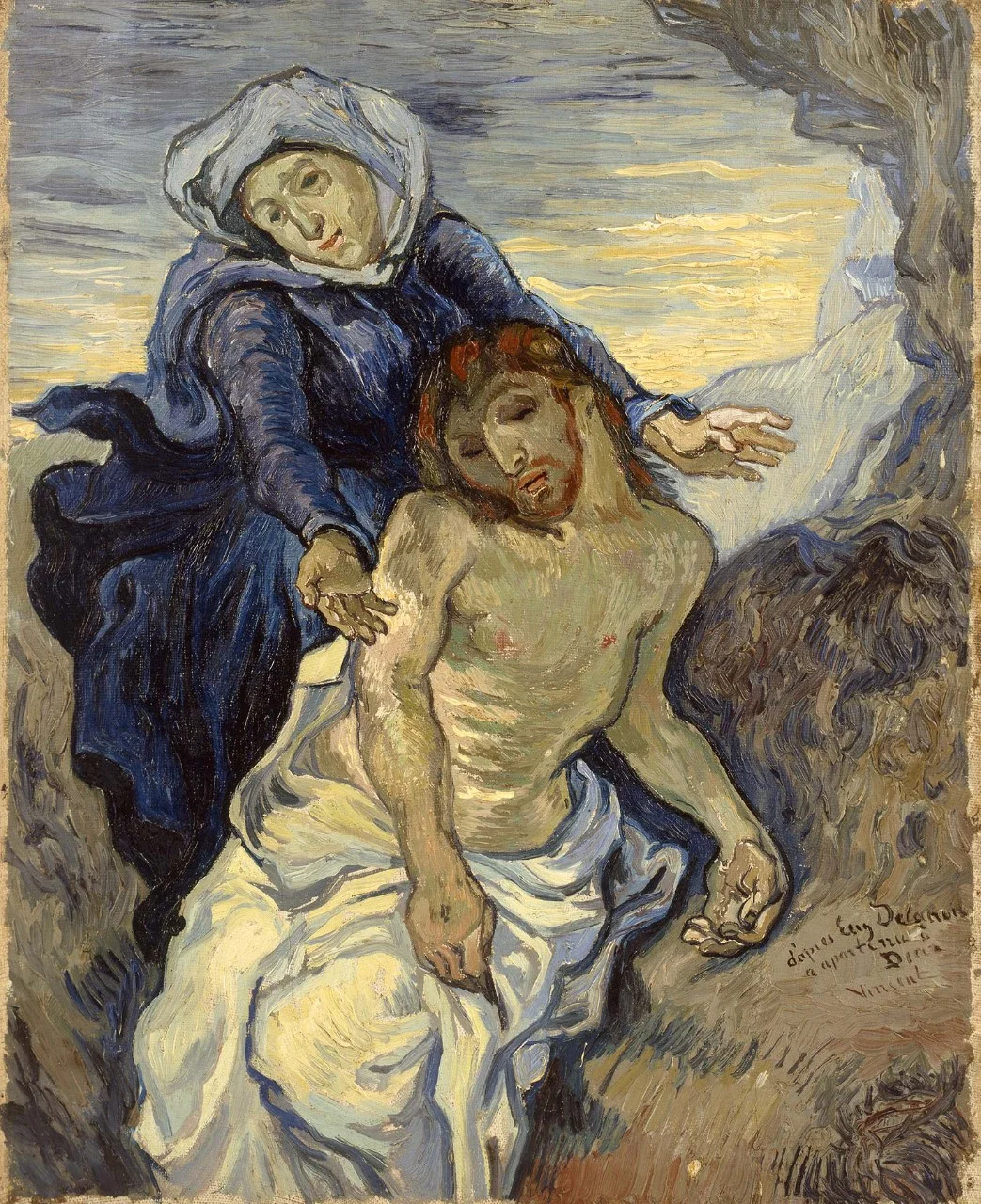When was the last time someone wished you Happy Birthday? It would be a fair bet that it was on your birthday. I’m sorry to tell you that if you’re baptised they almost certainly chose the wrong day. Not because your birth certificate is mistaken, or your parents had a strange sense of humour, but as baptised people your physical birth wasn’t your gateway to life, your baptism was. […]
All in essay
A Christian Vocation: Chaplaincy in the Armed Forces
For centuries the basic unit of Church life has been the parish, and parochial ministry is still today the principal focus for the work of the clergy and committed lay people. But it has been widely recognized in recent times that there are areas of life that demand a more specialized form of outreach, and this in turn has led to the development of a wide range of so-called “sector ministries” of which Chaplaincy in the Armed Forces is one, albeit of greater antiquity than most. […]
A sermon for Epiphany
Now what? What’s next? Twigs and needles from the languishing tree are scattered on the carpet. Tinsel and wrapping paper lay crinkled and crushed in some corner somewhere. Tupperware, holding on to leftovers now somewhat less than appetizing. […]
Hymns and Carols: Five Songs
This Advent and Christmas season, the School of Theology has been celebrating the tradition of carolling that we now strongly associate with this season. But actually, the carol hasn’t always had an easy association with the celebration of Christmas. In the medieval period, carols were popular dance songs, especially for a sort of circle dance. […]
Hymns and Carols: In the Bleak Mid-winter
I remember well a conversation I had about Christina Rossetti’s poem In the Bleak Mid-winterover twenty years ago. I was an earnest young Christian undergraduate reading English Literature. I had just “discovered” Rossetti, and was planning to write my dissertation on her poetry. Talking with another earnest young Christian undergraduate of my acquaintance, I described Rossetti as an important Victorian religious writer. “What did she write?” he asked. My first thought was to mention In the Bleak Mid-winter, probably her best-known work owing to its having been memorably set to music as a Christmas carol by Gustav Holst. But this was a mistake […]
Hymns and Carols: Of the Father’s Heart Begotten
Singing together in the Christian community goes back to its origins, as the earliest disciples were immersed in the Jewish tradition of singing psalms. In Mark’s account of the Last Supper (Mark 14: 26) we read of Jesus and his friends singing a hymn before they went out to the Mount of Olives. The hymn-singing practice of the early church is suggested by the writer to the Ephesian Christians who exhorted them not to get drunk with wine, but to “be filled with the Spirit, as you sing psalms and hymns and spiritual songs […]
Hymns and Carols: Adam Lay Ybounden
There’s a strange thing that happens during sermon preparation at Easter and Christmas. At Easter, preparing sermons about the death and resurrection of Christ, it becomes almost impossible not to dwell on the events we celebrate at Christmas. As we reflect on the Christ’s Passion, the babe lying in the manger springs to mind. […]
Hymns and Carols: O Come O Come Emmanuel
Advent is my favourite liturgical season, and I think this is because it expresses something of the Christian life that resonates with my experience of it. Of course it is true that we are resurrection people, and therefore Easter says something fundamentally true about us. Of course we are people of the incarnation, and therefore Christmas gives voice to that aspect of our identity. But we are also people in waiting, but it is a funny kind of waiting. […]
Should clergy learn New Testament Greek?
“To imagine a language is to imagine a form of life”. There are many excellent reasons for learning a language other than one’s own mother tongue. Doing so opens up horizons that would otherwise be closed. We are regularly reminded of the beneficial effects of language-learning for children, with all its concomitant social and intellectual advantages. […]
St Albert the Great: Patron Saint of Scientists
The Church has a patron saint of natural scientists, though I confess that I have never availed myself of his intercession. Albert—called Magnus (the Great) even during his lifetime—is now best known as Thomas Aquinas’s teacher and defender, but as the Church celebrates his feast on November 15th, we have an excellent excuse to learn a little more about his own life and work. […]
Science and Religion series -- "Science and the Soul"
Nobody talks like this anymore, but the etymology of “psychology”—from the Greek psyche and logia—is plausibly rendered as “science of the soul”. Perhaps it is apt that talk of souls is out of vogue, as our modern conception of psychology is much narrower than those of our ancestors: Aristotle’s starting point was that the soul is “the principle of animal life” [1], whereas modern psychologists are mainly interested in the mental aspects of that life […]
St Luke: Beloved Physician
The author of one of the three canonical gospels, St Luke the Evangelist, sometimes affectionately called The Angelic Doctor, is celebrated on October 18th. He is one of the most prolific writers in the New Testament writing the longest gospel but also having The Acts of the Apostles attributed to his hand too—combined making up over one quarter of the entirety of the New Testament. Luke also seems to appear as a character in Acts […]
St Francis of Assisi
Many saints are shadowy figures. There is admittedly usually what purports to be a “life”, but that is generally hagiography, following stock topoi: birth, acts of healing and other miracles, death (perhaps as a martyr), and posthumous miracles. Such accounts often share details with other saints or, on occasion, with mythical figures not necessarily Christian. Thus, England’s own patron saint, St George, may in part be descended from a pagan hero such as Bellerophon. Francis is different.
God and Emotions series -- "God's Justice, God's Mercy"
We almost all have sung the famous hymn by Fr Frederick Faber: ‘There’s a wideness in God’s mercy’. It’s often sung in such a way that makes God sound like an avuncular sort of chap that you’d be keen to have a pint with, a thoroughly nice bloke who’s kind to everyone, wouldn’t hurt a fly. All of our images fall short of the reality of the living God. […]
St John Chrysostom
John Chrysostom, whose name is Greek for “Golden-Mouth”, was born to an army officer and his (possibly pagan) wife in 349. He was not baptized until he was thirteen. Furthermore, when he went to study in Antioch—the chief city of Syria and the Levant—he pursued his studies in rhetoric with the pagan Libanius, the greatest master of rhetoric in the fourth century before Chrysostom himself. At the same time, he did consider himself a Christian and embraced an ascetic life which suited his bookish temperament. […]
Four myths about vocation, and three steps to find yours
Does everyone have a vocation? I believe so. Too often the Church’s discussion of vocation focuses on ordination and the religious life, to the exclusion of other possibilities. Several unhelpful myths about vocation have developed as a result of this emphasis. In fact, these myths distort the way we think about vocations to ordained ministry as much as any others. […]
God and Emotions series -- "Does God Suffer?"
There are many enticing delights in the basket of heresies available to those who would try to follow Christ. All heresies have at least one thing in common. They’re a simple, and usually attractive, means of making some aspect of the Christian faith easier to swallow than what’s taught within Christian orthodoxy. They often seek to smooth or iron out frustrating tensions that Christian orthodoxy seems quite happy to let stand. All heresies also almost aways have unintended consequences - they make an aspect of the faith easier to swallow, but can cause problems further down the theological line. […]
Science and Religion series -- "What is science?"
In the first post in this series, I tried to say something about God and what it means for God to be the creator of the world, and why it’s a mistake to think that the doctrine of creation could be contradicted by some scientific theory or the other. I would like now to try to say something about the scientific enterprise, and how it is related to what philosophers and theologians do. […]
Remembering his mercy: Marian doctrine and the Rosary prayer
A common criticism of Marian devotion is that makes the Blessed Virgin an intermediary between Christians and the one and only Mediator who is needful. The most effective response to such criticism is to explore the concrete realities of such devotion. For, if we consider what we do when we pray the Rosary, it is to spend time standing with Mary gazing at our Lord. […]
Inside Spiritual Direction
Though I had discussed my spiritual life occasionally and informally for years, my experience of recognisable spiritual direction began during a quiet day just after I began training for ordination. The sister leading the day invited anyone who wished to discuss any points she had raised to speak with her. I was moved by what she said to us and so I hesitantly went to speak to her. I immediately found that I felt very free to reflect upon my relationship with God in a setting where I felt I was being listened to with care, interest, wisdom, love and complete attention. […]



















